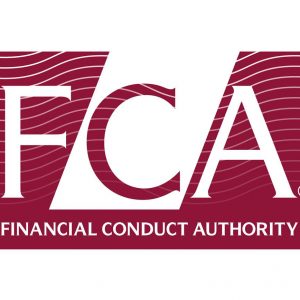
The FCA has faced criticism over its handling of RBS’s disgraced Global Restructuring Group, which was accused of mistreating thousands of small businesses as they struggled to recover from the financial crisis.
It has also been under fire for slow progress in banning Paul Flowers, the former chairman of the Co-operative Bank, after his conviction for drugs offences.
In a speech to the FCA’s ‘Transforming culture in financial services’ conference, chief executive, Andrew Bailey, said: “We do expect people to come to work and follow good values without needing to make a rule to require it…Unfortunately, if you look back over the last decade and more, we have seen too many instances of misconduct, some of which we are still dealing with.
“As supervisors, our objective is to prevent misconduct, not just clear up the messes when they happen.
“No supervisor can guarantee good conduct at all times, much though we wish it, but we do expect to act to pre-empt and anticipate poor conduct, and society has a right to expect this.”
Bailey said that the ‘light touch’ approach to regulation, particularly over corporate pay hadn’t worked.
“Between 1972 and 2013, average real income growth for all employees was 90% at -0.17% per annum. That is a notable change in income distribution…It was evident in the advocacy of light touch regulation, the view that left to themselves firms would succeed, and to paraphrase, just as a rising tide lifts all boats, so the public interest would benefit.
“It didn’t work out that way.”
Bailey said two developments of recent years have been important in creating the incentives for good culture – the Senior Managers Regime for banks and the introduction of remuneration regulation for banks.
He added: “It was quite typical as a supervisor to be told by Boards that very high levels of remuneration had to be paid whatever the state of the firm, for fear of losing key staff.
“I don’t hear that refrain today and haven’t done so for some years. That is a major and welcome cultural change in my view.”
He added that he also supported targets and measurement for diversity and culture, saying, “Otherwise there just isn’t the same incentive to get things done and improve our state.”
The FCA has issued a discussion paper on transforming financial services culture focused on four themes: is there a “right” culture in financial services; managing culture – the role of regulation; the role of reward, capabilities and environment in driving behaviours; and leading culture change.
Bailey concluded: “There is no single “right” culture. It depends on circumstances, and there are certainly cultural characteristics which are highly suggestive of good outcomes.”
















